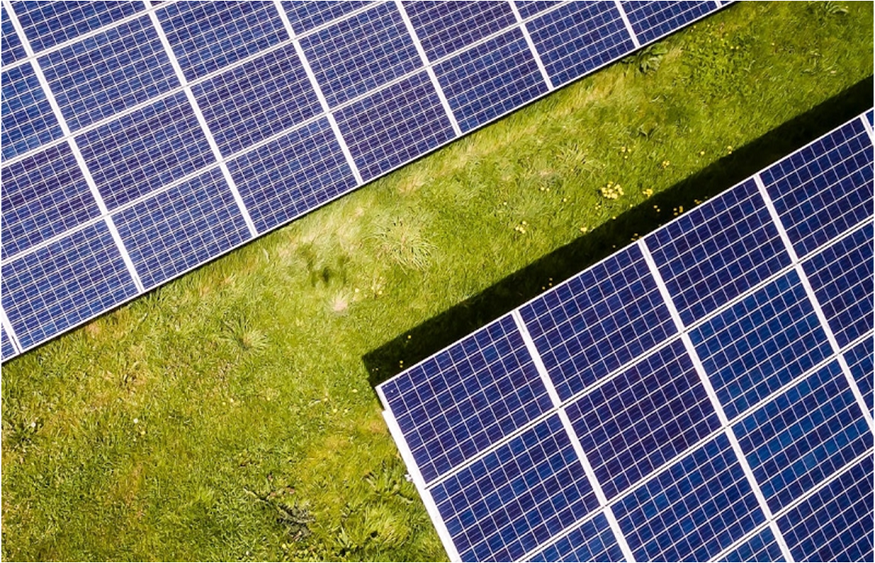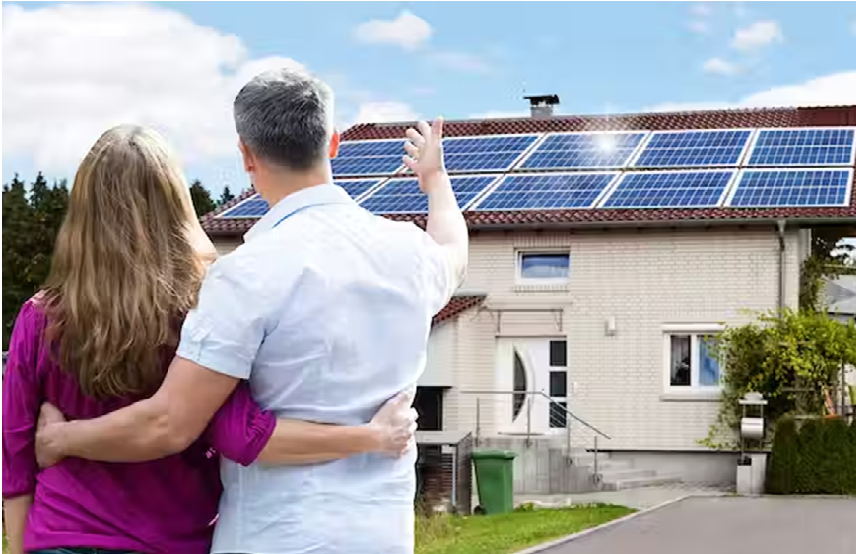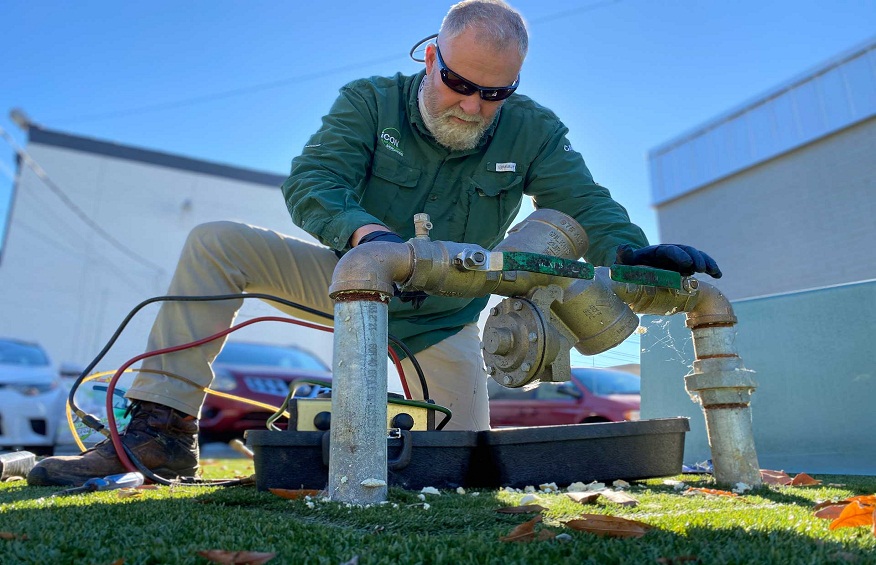Absolutely! Home solar systems have become increasingly popular over the years, and one of the primary motivations for homeowners to transition to solar is the potential for substantial savings on energy bills. Here’s a detailed look at how home solar systems can lead to these savings:
- Direct Reduction in Monthly Electricity Costs: By generating electricity from the sun, a free and limitless source, homeowners can reduce or even eliminate their reliance on electricity purchased from the utility company. The more solar energy you produce and consume, the less you need from the grid, resulting in lower monthly bills.
- Net Metering Benefits: Net metering is a billing system where homeowners are credited for any excess electricity their solar system sends back to the grid. On days when your system produces more electricity than you consume, that surplus is fed back into the local electricity grid. This essentially “turns back” your electricity meter, and you earn credits that can offset future bills.
- Protection Against Rising Utility Rates: Electricity prices are historically known to rise over time. With a home solar system, you’re locking in a rate for the electricity your panels produce, providing a hedge against potential increases in utility rates.
- Solar Incentives and Tax Credits: Many regions offer financial incentives for homeowners who install solar panels. These can be in the form of tax credits, rebates, or feed-in tariffs. Such incentives can offset the installation costs and result in faster payback periods, making the overall proposition more financially beneficial.
- Energy Independence: By generating your own electricity, you reduce your dependency on the grid and utility providers. This means that even if there’s a surge in energy prices or supply disruptions, your bills and energy supply remain stable.
- Solar Systems with Energy Storage: Modern solar installations often come with the option of adding battery storage. By storing excess energy during the day, homeowners can use it during the night or cloudy days, ensuring they maximize their solar utilization and further reducing their reliance on grid electricity.
- Long-term Investment: While there’s an initial cost to installing a solar system, it should be viewed as a long-term investment. Solar panels typically come with warranties extending up to 25 years, meaning homeowners can expect decades of reduced energy bills.
- Low Maintenance: Once installed, solar panels require minimal maintenance, especially when compared to other forms of electricity generation. This means homeowners won’t face unexpected spikes in upkeep costs that could eat into their energy bill savings.
- Efficiency Upgrades: Many solar providers now offer home energy efficiency evaluations as part of their service. By implementing these recommendations, homeowners can further reduce their energy consumption, leading to even greater savings.
Home solar systems offer a concrete and impactful way for homeowners to reduce their monthly energy expenses. Not only do they provide immediate monthly savings, but they also serve as a protection against future energy price hikes, all while contributing to a more sustainable and environmentally-friendly future.
This post was written by a professional at Red Solar. Red Solar was started with the mindset of renewable energy being the future. We want everyone to travel through this transition. We can all agree that solar is the best way to reduce your carbon footprint, but it’s not the only way. During a Red Solar energy evaluation, all energy commons in your home will be analyzed for results. Our expert technicians will guide you through the process for better understanding and reassurance. Looking for the best solar panel installation Indian River County? Then contact us for more information today!




